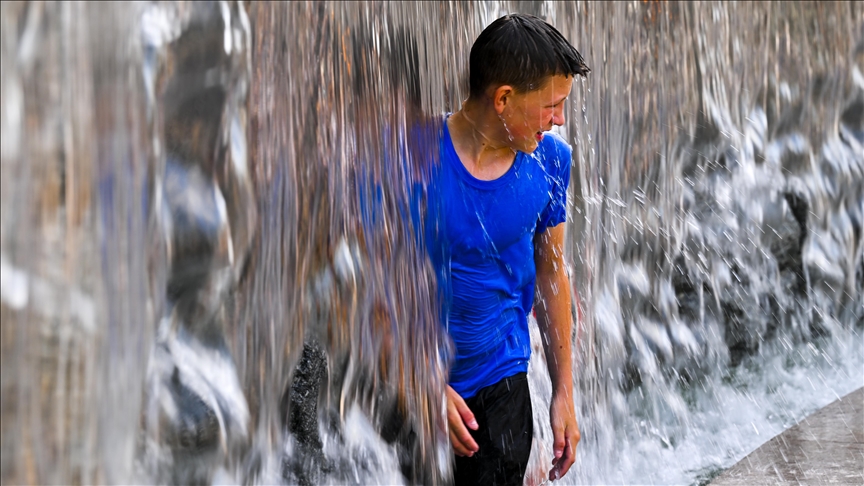Older persons face increasing health risks from extreme heat as climate change accelerates, the UN Environment Programme (UNEP) warned Thursday in its Frontiers 2025 report.
The new edition highlights how rising temperatures, melting glaciers, and flooding are putting both people and ecosystems under growing strain. “Heat waves are among the most frequent and deadly impacts of climate change, along with floods and shrinking ice cover,” UNEP Executive Director Inger Andersen said in a statement. "We must be prepared for the risks these impacts pose, especially for society’s most vulnerable, including older persons."
The report found that heat-related deaths among adults over 65 have risen by 85% since the 1990s, especially in low- and middle-income countries where aging populations are concentrated in urban areas. Many are exposed to worsening air quality and coastal flooding, with chronic illnesses and limited mobility increasing their vulnerability.
To address these challenges, UNEP recommended greener, more accessible cities, better disaster planning, and improved access to climate information. The report also noted the Human Rights Council's recent move to develop a legally binding instrument on the rights of older persons.
Beyond heat, the report warned that melting glaciers may awaken ancient microbes, increasing risks of antimicrobial resistance. If global temperatures rise more than 2°C, it could sharply reduce the cryosphere -- glaciers, ice sheets, and permafrost -- putting hundreds of millions at risk, it said.
Flooding also brings renewed danger from toxic chemicals buried in sediment, including banned substances that could re-enter food chains. The report urged stronger monitoring, nature-based flood defenses, and updated drainage systems.
It also highlighted the risk of aging dams, calling for the removal of obsolete structures to restore river ecosystems and reduce safety threats.










